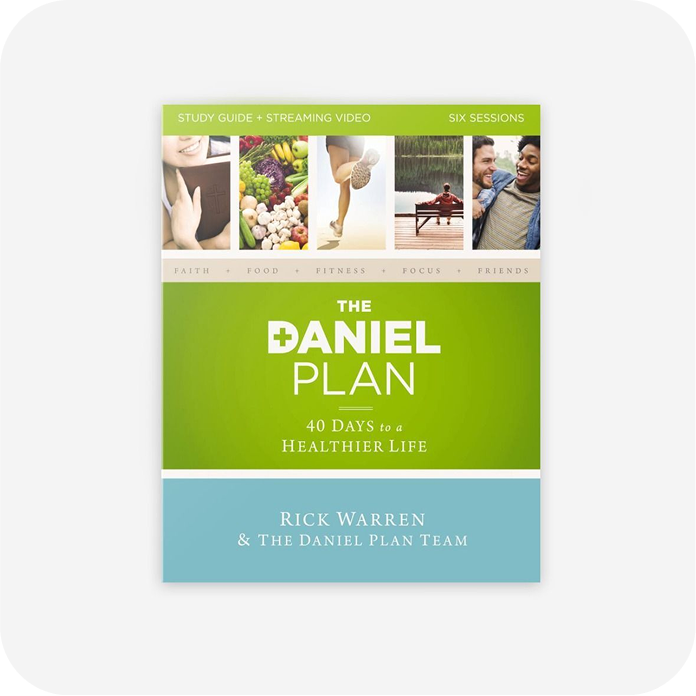
Everyone gets wounded. Even pastors.
Sometimes it’s physical. Other times, it’s emotional, spiritual, or relational. And if you’re not experiencing a wound right now, one is probably on the horizon.
So how do you respond when life hurts? You worship.
That may seem counterintuitive. But worship is the only antidote to pain that brings both healing and hope.
Job is one of the best examples in the Bible of how to worship when you’re hurting. In a single day, he lost everything—his wealth, his health, and even his children. The book of Job tells the story of a man deeply wounded but ultimately unshaken in his devotion to God.
Here are five ways to worship when you’re wounded:
1. Grieve: Tell God how you feel.
Worship doesn’t always start with a smile; it often begins with tears.
Job didn’t hold back: “Job stood up, tore his robe in grief, and shaved his head. Then he fell to the ground and worshiped” (Job 1:20 GW).
In the ancient Middle East, people expressed grief by tearing their clothes. God isn’t afraid of your raw emotions. In fact, he welcomes them. When you pour out your hurt, you’re not being unspiritual—you’re worshiping.
Don’t bottle up your pain. God didn’t design your body to store negative emotions. Let them out. Confess them to God. He can handle your honesty.
2. Praise God—not for your problems, but in the midst of them.
Job’s story boils down to one question: Will I worship God when everything goes wrong?
It’s easy to praise God when life is good. But what about when it’s not? That’s the real test of faith.
Life is rarely all good or all bad. It’s more like two parallel tracks—one of joy and one of sorrow—running side by side. Even in our darkest moments, there’s still something to thank God for. Job chose to praise God in the middle of his suffering. You can, too.
3. Ask God for wisdom and strength.
Pain makes it hard to think clearly. Wounds distort our perspective. That’s why we need God’s help to see straight and stay strong.
The Message paraphrase says, “True wisdom and real power belong to God; from him we learn how to live, and also what to live for” (Job 12:13).
Wisdom gives you direction. Strength gives you endurance. Both come from God. The BIble promises, “The LORD saves good people; he is their strength in times of trouble” (Psalm 37:39 NCV).
God may not remove your pain, but he will supply what you need to keep going.
4. Gather with others for support.
God didn’t create you to worship alone—especially when you’re hurting.
The natural tendency when we’re wounded is to withdraw. We isolate. We put up walls. We hide. That might feel safer, but it only prolongs the pain.
If you never learn how to share your pain, you’ll never heal.
That’s why pastors need small groups, too. You need people in your corner who will walk with you through the valleys, not just celebrate with you on the mountaintops.
Don’t wait until the crisis to build those relationships. Find a group where you can be real, be known, and be supported.
5. Keep going.
Perseverance is a form of worship.
Job’s wife told him to curse God and die. But Job refused. Instead, he said, “Though he [God] slay me, yet will I trust him” (Job 13:15 KJV).
That’s radical faith. That’s worship in its truest form.
What gave Job that kind of confidence? He knew his Redeemer lived: “I know that my redeemer lives, and that in the end he will stand on the earth” (Job 19:25 NIV).
Whatever you’re going through, it won’t last forever. Eternity is coming. Your Redeemer is alive. And one day, he will make all things new.
Pastor, don’t let your pain rob you of worship. Don’t let it derail your ministry.







